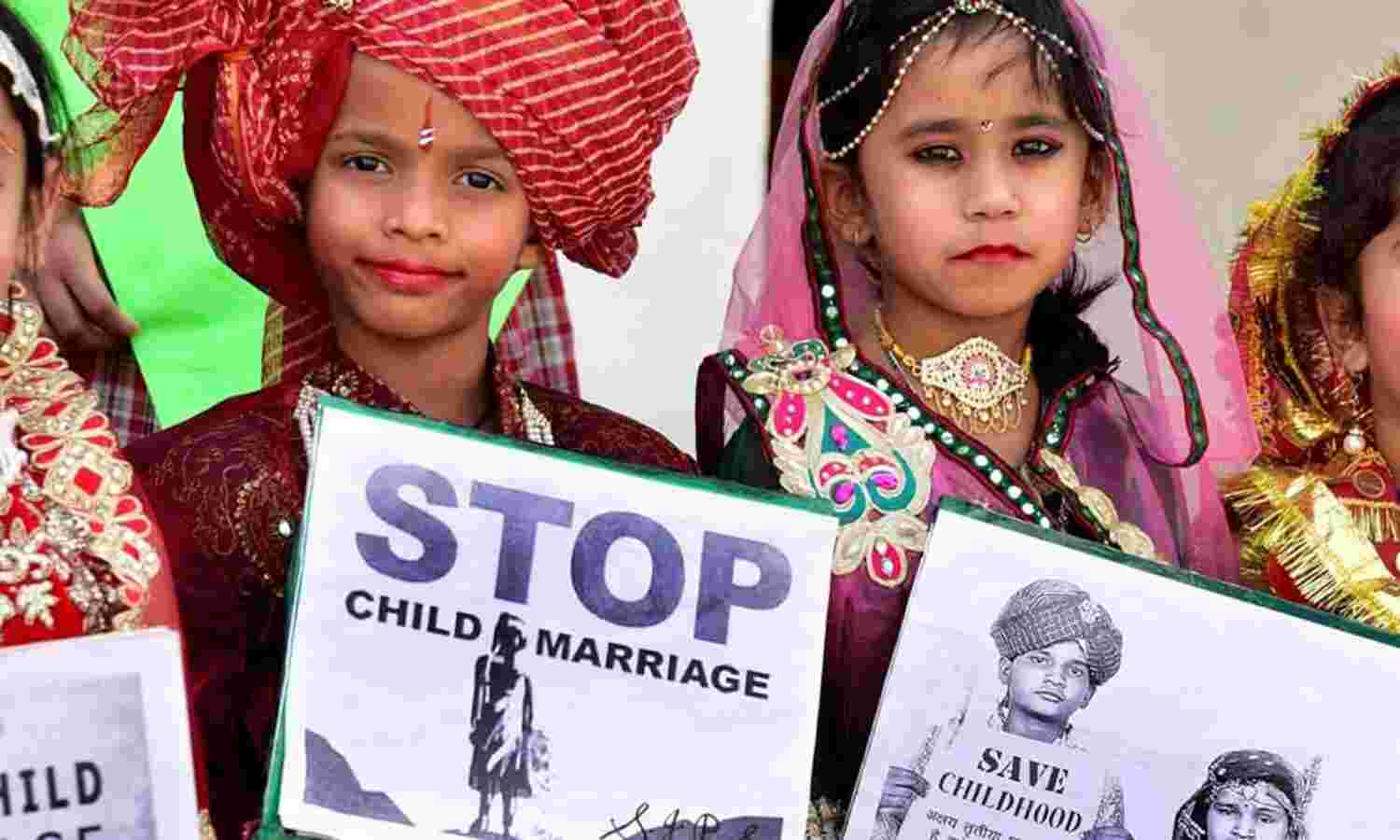In Jharkhand, 1 In 2 Girls Aged 15-19 Is Married

India’s eastern state of Jharkhand has the highest proportion of girls aged 15-19 years currently married at 49%.
The proportion of married girls aged 15-19 years ranged from 13% to 49% across four states--Jharkhand, Odisha, Bihar and Rajasthan--according to the 2017 report More than Brides Alliance: A Baseline by non-profits Population Council, Save The Children and Oxfam.
The report, based on a study that covered 2,982 girls aged 12-19 years in nine districts of the four states, found large variations in average age of marriage within these four states. In Odisha, it was 17 years compared to 15 in Bihar and Jharkhand, and 13 in Rajasthan.
As many as 26% girls aged 12-19 years in Jharkhand were married and living with their husbands, as were 13% girls in Bihar, 7% in Odisha and 8% in Rajasthan, according to the report.
Even though the legal age of marriage in India is 18 years for girls and 21 years for boys, child marriages are common in many parts of the country. In 2014, India accounted for one third of all child marriages in the world, the highest.
There was a different trend in the average age of cohabitation: Girls from Rajasthan started living with their husbands at a median age of 17 after spending four years in their parents’ homes after marriage.
“No difference between age at marriage and age at cohabitation was found in the rest of the states, a possible indication that with the rising age at marriage, the culture of gauna [the north Indian custom when the bride starts living in her in-laws’ house] is waning in these states,” the report said.
Among girls aged 18-19 years, about three-fifths (63%) from Jharkhand were married before age 18, as were about half in Bihar and about two-fifths (42%) in Rajasthan.
Early marriage was least prevalent in Odisha--only about one in seven (15%) girls aged 18-19 got married before age 18.
Child brides face violence, abuse and exposure to HIV/AIDS and other sexually transmitted diseases, are more likely to drop out of school and give birth as adolescents.
Adolescent pregnancy can lead to several health problems--anaemia, malaria, HIV and other sexually transmitted infections, postpartum haemorrhage and mental disorders, IndiaSpend reported in July 2017.
(Yadavar is a principal correspondent with IndiaSpend.)
We welcome feedback. Please write to respond@indiaspend.org. We reserve the right to edit responses for language and grammar.


